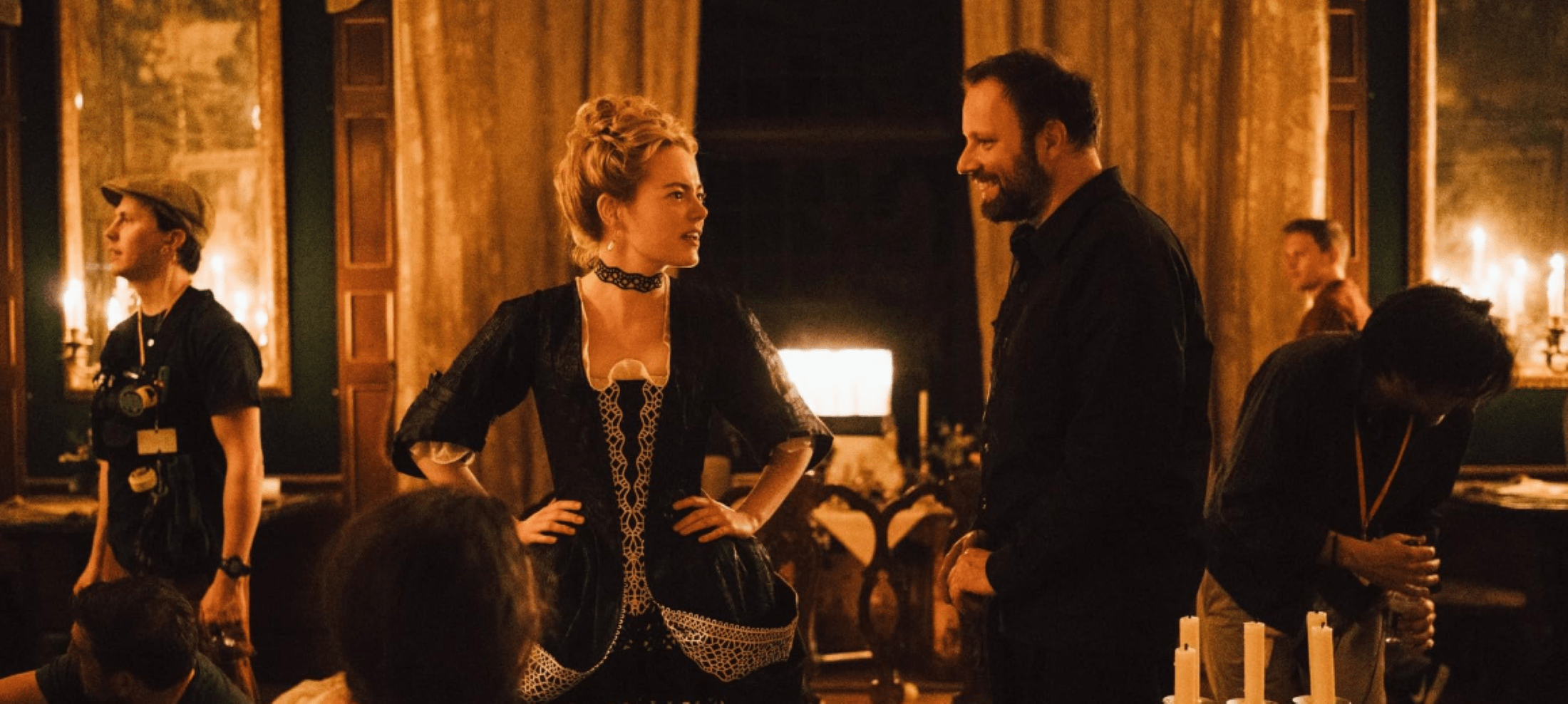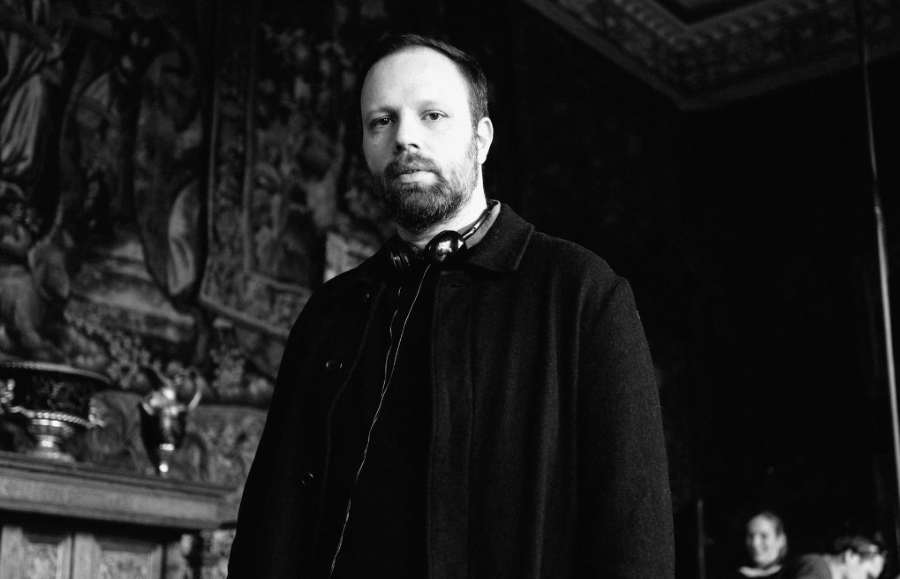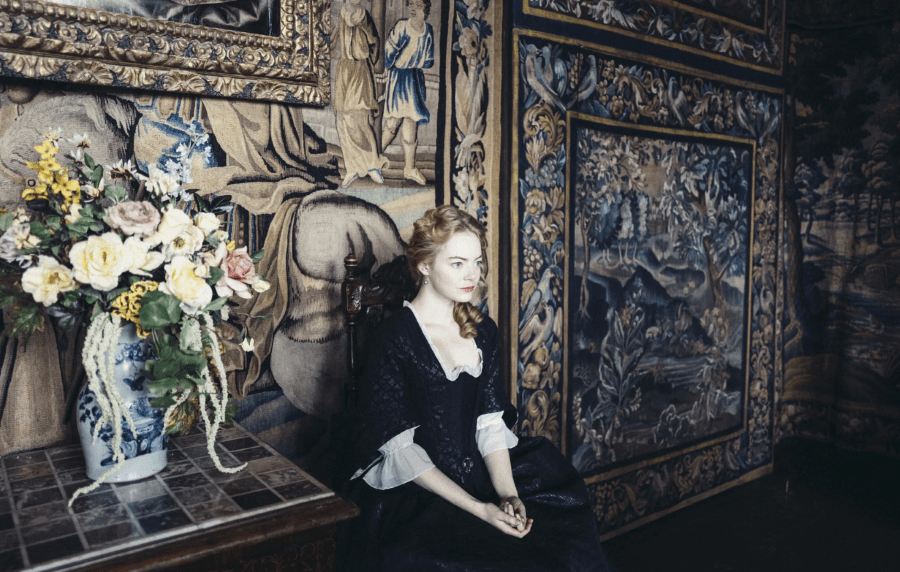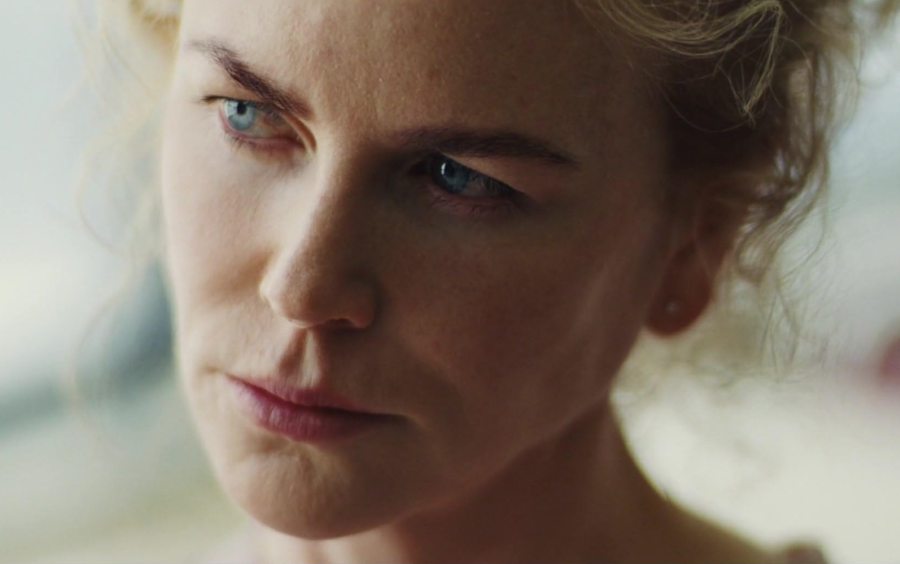
Yorgos Lanthimos’ thought-provoking films
Long before its world premiere, ‘Poor Things’ by Greek filmmaker Yorgos Lanthimos caught the eye of the public and became one of the most exciting upcoming films of the year. It would have been unexpected for a new Lanthimos film, featuring Emma Stone in a leading role, to emerge without the attention it rightfully deserved.
 Yorgos Lanthimos © IMDb
Yorgos Lanthimos © IMDbDerived from Alasdair Gray's 1992 novel 'Poor Things', Lanthimos' latest surrealistic project is another captivating addition to his body of work. The film made its international debut at the 80th Venice Film Festival, where it won the Best Film Golden Lion award. The narrative unfolds as a Gothic comedy, centring on the character Bella (played by Emma Stone), who undergoes a resurrection following her tragic suicide, all planned by Dr. Godwin Baxter (portrayed by Willem Dafoe). Initially, Bella is portrayed as an innocent, child-like character, but her personality soon undergoes a transformation, as she yearns to embrace life and seek liberation.
In true Lanthimos fashion, 'Poor Things' is a narrative of self-discovery, delving into themes of emotional vulnerability and the subversion of societal expectations. Set against a Victorian backdrop, the film provocatively challenges traditional norms and moral standards, while critiquing unjust power dynamics, all wrapped in visually captivating aesthetics. It's certainly one of the most exciting projects of the year, scheduled to be released in the United States on December 8, 2023, followed by its release in the United Kingdom on January 12, 2024.
Lanthimos is no stranger to being in the spotlight. Since the beginning of his career, he has been known for his distinctive style, which contains elements of satire and always has a shock effect. Over the years, the Greek director made the audience question family values, relationships, sexuality, and societal standards, in a manner that is hard to forget or ignore. He became widely known in 2009 after the premiere of his film, ‘Dogtooth’. In the era of the great economic crisis in Greece, Lanthimos inspired many young directors to find inspiration through the issue, along with centuries-long dated practices that were and still are relevant for Greek society. His unique vision and style led the generation of directors who embraced the movement and found inspiration through his work.
Complex, controversial films
From the release of 'Dogtooth,' to the premiere of ‘Poor Things’, Lanthimos explored controversial topics, in an even more controversial manner, and has risen to become one of the most influential and innovative directors of the 21st century. Here, we'll explore some of his most significant earlier works.
Dogtooth (2009)
As described by a Greek film critic Dimitris Danikas:
Dogtooth has the surrealism of Buñuel, the scalpel of Haneke, the underground horror of a thriller without the splatter. Perfect.
Angeliki Papoulia, Mary Tsoni, and Christos Passalis in Dogtooth (2009) © 2009 Kino International. IMDb
'Dogtooth' follows the story of a family that lives in complete isolation from the world beyond their doorstep. The father diligently provides for the family, while the mother tends to their three children: two sisters and a brother. These seemingly grown individuals, however, possess no knowledge of the external world, as they have never seen or experienced the world outside their house. The parents, resolute in their belief that the children can only depart once they shed their 'dogtooth,' maintain an iron grip on their lives. Fearing the imaginary monsters and the horrors of the outside world, the ‘children’ stay under parental control, but at the same time struggle with the desire to experience life behind four walls.
From the moment of its release, 'Dogtooth' took the spotlight by storm. The film serves as a compelling testament to cinema's unique ability to engage, provoke, and deeply resonate with audiences. In its unsettling narrative, 'Dogtooth' unveils the dire repercussions of power abuse, set within the confines of a world cut off from the outside. 'Dogtooth' masterfully showcases the unsettling and disturbing aspects of human behaviour when it exists beyond the scrutiny of society, all through its grotesquely honest and vivid imagery.
The movie achieved global acclaim with its daring storytelling, clinching the prestigious Un Certain Regard prize at the 2009 Cannes Film Festival. It also brought Yorgos Lanthimos to the limelight of the international film community. Its triumph lies in its capacity to ignite conversations about conformity, parental authority, and the aftermath of suppressing individuality. 'Dogtooth' doesn't shy away from pushing us out of our comfort zones, providing a bone-chilling glimpse into a realm where societal norms spiral into nightmarish extremes.
The Lobster (2015)
Rachel Weisz and Colin Farrell in The Lobster (2015) © IMDb
The absurdity of finding a perfect match is the main motive behind ‘The Lobster’, which follows the story of a young man, David (Colin Farrel) in search of a life companion. The concept of finding a soulmate has always been a relevant one. The drive to find a perfect partner who matches the pre-disposed expectations can make the process of finding ‘the one’ yet more complicated. But the storyline in the world of ‘The Lobster’ is more gruesome than in ours. ‘The Lobster’ is set in a dystopian future, where those who remain single face the haunting fate of being moved to a hotel, where they get 45 days to find their perfect match. In case of failure, they will be turned into an animal of their choice and sent to the woods. David, deciding to become a lobster in case love eludes him, finds himself entangled in a process that seems downright unfair and absurd to any individual.
In the film, Lanthimos blends elements of dark comedy, romance, and dystopian fiction to craft a narrative that challenges conventional notions of relationships. 'The Lobster' forces us to contemplate the often-absurd pressures society places on individuals to conform to established relationship norms. It's through this satire that the film prompts viewers to question the rigid constructs governing our own lives, igniting discussions about the value we place on love and the lengths we'll go to secure it.
The Killing of a Sacred Deer (2017)
Nicole Kidman and Colin Farrell in The Killing of a Sacred Deer (2017) © IMDb
‘The Killing of a Sacred Deer’ is another gripping and unsettling psychological thriller by Lanthimos. The film revolves around Steven, a skilled surgeon played by Colin Farrell, who forms a strange bond with a troubled teenage boy, Martin, portrayed by Barry Keoghan. As their connection deepens, mysterious events start to haunt Steven's family, leading to agonising moral dilemmas and disturbing choices.
At its heart, ‘The Killing of a Sacred Deer’ delves into the concept of guilt and retribution. It challenges the audience to ponder the consequences of our actions, especially when those actions have caused harm to others. Lanthimos' signature deadpan dialogue and clinical aesthetic create an atmosphere of unnerving tension in the film. One of the film's significant aspects is its exploration of sacrifice. The title itself alludes to a sacred deer, a symbol of innocence and purity. As characters grapple with impossible choices, the film invites viewers to consider the notion of trading one life for another, questioning the value of individual existence and the moral calculus that governs such decisions.
The Favourite (2018)
 Emma Stone in The Favourite (2018) © IMDb
Emma Stone in The Favourite (2018) © IMDb‘The Favourite’ is a historical drama like no other. Set in the 18th century, 'The Favourite' unfolds the power struggle between cousins Sarah Churchill (Rachel Weisz) and Abigail Hill (Emma Stone), both striving for Queen Anne's (Olivia Colman) favour. The film deftly mixes dark humour and sharp wit within a rich historical backdrop. As it delves into themes of ambition, manipulation, and the corrupting influence of power, the movie unravels the intricate web of deceit spun by Sarah and Abigail to control the emotionally fragile Queen Anne. It also delves into the dynamics of female relationships, revealing the power play and vulnerabilities among these historical figures.
The director’s legacy and cultural influences
Lanthimos is a visionary filmmaker who has continually pushed the boundaries of societal norms through his films. In the midst of Greece's most severe financial crisis in recent history, he inspired a generation of artists, urging them to seek the sparks of creativity even in the bleakest of circumstances. Lanthimos fearlessly draws his artistic inspiration from the facets of life often shunned by conservative societies. His films serve as profound reflections and meditations on those issues that society tends to sweep under the rug, only for them to fester and evolve into more intricate and daunting problems.
His work always challenges the audience, by imploring viewers to take a step forward, confronting the uncomfortable and disturbing aspects of reality that are undeniably part of our lives.
As anticipated, we might soon see new projects by the Greek director that will continue to inspire us to challenge and transform one-dimensional perspectives, urging us to gaze through lenses that may not always offer comfort but are always undeniably necessary.
Want to read more inspiring articles? Check out our article on the history and beauty of colours.
Credits for the Main photo: Yorgos Lanthimos and Emma Stone in The Favourite (2018) © IMDb






